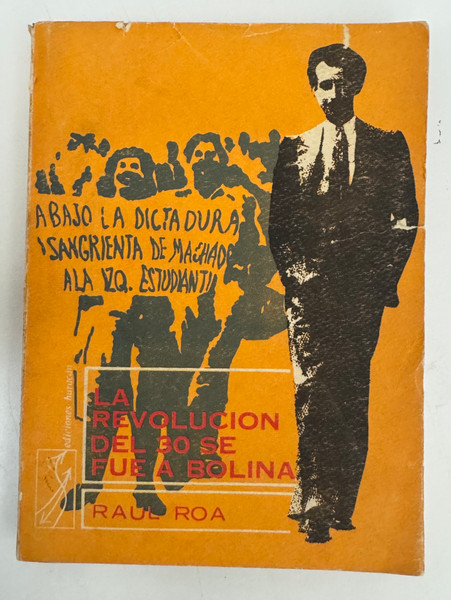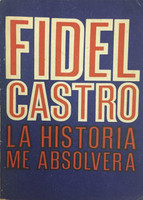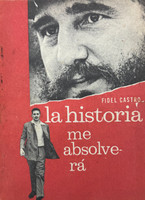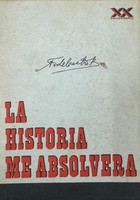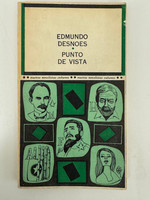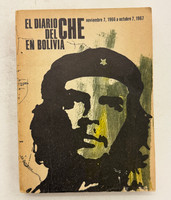- Travel
-
Exhibits
- José Fuster
- La Portada Cubana
- Immortal Cuba: Artists Take on Their Heroes
- Seattle Poster Exhibit
- Sandra Dooley & Alejandrina Cué
- The Art of Wayacón
- Cuban Folk Art
- Cuba In Black And White
- 25 Years of Cuban Art Space
- Summer Folk Art Expo
- ¡SPRING AWAKENING FROM CUBA!
- Celebrating The Art Of Cuban Women
- Celebrating Paper, Affordable Art from Cuba
- Art of the Revolution
- Outsider Art
- Lost and Found
- En la lucha: Celebrating Cuban Women and Their Art
- Cuban Art Stash
- 100 Fires: 5 Cienfuegos Artists' Work on Paper
- Waya + Monte! Magic Realism in Cienfuegos
- Viva Cuba Viva! Poster Show
- Cultivando Sueños
- Black Lives Matter in Cuba Jan 9-March 27
- Leandro Soto: Crónicas visuales
- Cuban Canvas
-
Archive
- Global Reflection 2018: Spirit and Community
- Exhibit in the cloud: Contemporary Works on Paper
- MADE IN CUBA! MINNEAPOLIS EXHIBIT
- Cuban Posters and Photography from CCS collection
- AUTUMN SALE! Sept/Oct 2017
- SPRING ARTS AND CRAFT SALE
- Vuelo Directo/Non Stop: Alberto & Alejandro Lescay
- The Many Faces of Fidel
- Somos
- Made in Cuba!
- The US empire in Cuban graphics
- Made in Cuba/Seattle exhibit
- Entre Nos
- Looking Back
- Cuban Art Space
- Membership/Donate
- About Us
- Cuba News
-
La Revolución del 30 Se Fue a Bolina (The Revolution of 1930 Went Off Course) represents a crucial intervention by one of Cuba's most important revolutionary intellectuals, examining how student movements of the 1930s prefigured and influenced the 1959 revolution. Raúl Roa García (1907-1982) served as Cuba's Foreign Minister from 1959-1976 and was known as "El Canciller de la Dignidad" (The Chancellor of Dignity) for his eloquent defenses of Cuban sovereignty against U.S. imperialism.
The striking cover design employs bold orange background with black silhouettes depicting a suited intellectual figure standing before a crowd of protestors. Hand-lettered text proclaims "ABAJO LA DICTADURA SANGRIENTA DE MACHADO A LA IZQ. ESTUDIANTI" (Down with Machado's Bloody Dictatorship, to the Left Students), referencing the 1933 student uprising that overthrew dictator Gerardo Machado. The rough, urgent typography and protest imagery connect historical anti-authoritarian struggle with contemporary revolutionary movements, particularly Che Guevara's Bolivian campaign, which ended in failure in 1967—just two years before this book's publication.
The enigmatic title employs nautical metaphor: "irse a bolina" means going off course or failing. Roa's analysis examines how the 1930s generation's revolutionary aspirations were frustrated or diverted, offering lessons for understanding both success and failure in revolutionary movements. This critical self-examination, published during "Año del Esfuerzo Decisivo" (Year of Decisive Effort) in February 1969, reflects Cuba's willingness to study revolutionary defeats as well as victories—particularly relevant after Che's death in Bolivia.
Published in the Huracán (Hurricane) series by Instituto del Libro with a massive print run of 70,000 copies, this edition collects Roa's essays from Retorno a la alborada (1964) and Escaramuza en las vísperas (1966), plus a famous interview the author gave to Cuba magazine just months earlier. The Huracán series logo—showing a stylized hurricane symbol—marks this as part of Instituto del Libro's effort to make Cuban intellectual history widely accessible to the revolutionary public, connecting past struggles with present challenges.
-
-
Discover More at the Center for Cuban Studies

